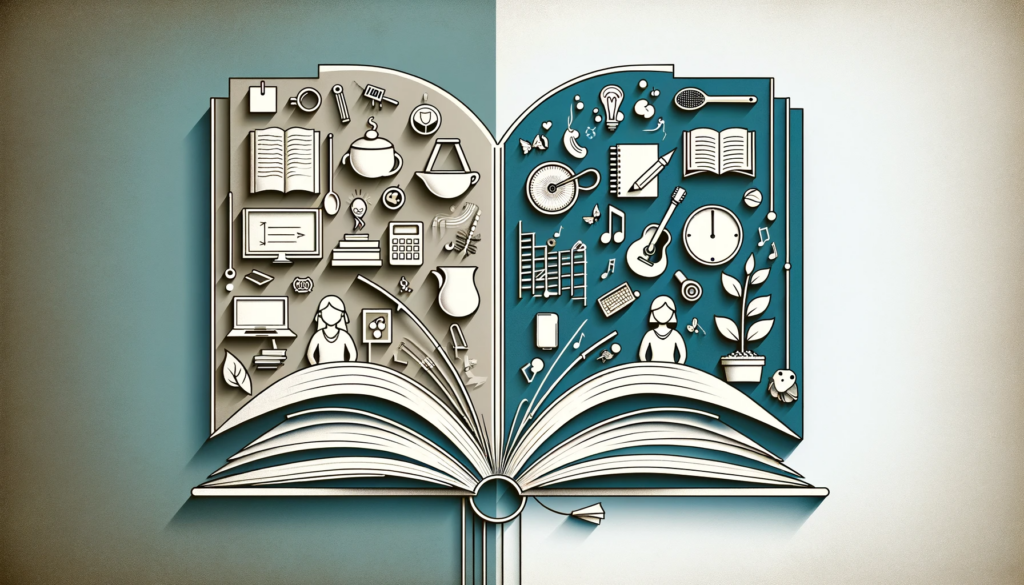
Introduction
In the landscape of the Indian education system, which has traditionally been exam-centric and focused heavily on academic grades, there’s a growing recognition of the importance of life skills. These skills, which extend beyond the confines of textbook learning, are crucial in shaping well-rounded individuals capable of navigating the complexities of life. This article delves into the significance of life skills in complementing academic achievements and their transformative impact on the Indian educational paradigm.
Understanding Life Skills
Life skills are abilities for adaptive and positive behavior that enable individuals to deal effectively with the demands and challenges of everyday life. In the context of the Indian education system, these can be broadly categorized into:
- Cognitive Skills: Critical thinking, problem-solving, and decision-making.
- Personal Skills: Self-awareness, emotional intelligence, and resilience.
- Interpersonal Skills: Communication, empathy, and teamwork.
The Traditional Education Framework
Historically, the education system has placed a strong emphasis on rote learning and academic performance, often at the expense of personal and interpersonal development. This focus has resulted in a generation of students who excel in tests but may lack the critical life skills needed in the real world.
The Need for Life Skills Education in India
Bridging the Skill Gap
The rapidly changing global landscape requires individuals who are not only academically proficient but also adept in life skills. In India, where the youth population is burgeoning, equipping students with these skills is no longer optional but essential.
Enhancing Academic Performance
- Critical Thinking in Problem Solving: Subjects like mathematics and science require a strong problem-solving approach, which can be significantly enhanced through life skills education.
- Emotional Intelligence: This skill is crucial in managing stress, especially in a high-pressure education system like India’s, leading to better academic performance.
Addressing Socio-Economic Diversity
India’s diverse socio-economic landscape means that students come from varied backgrounds, bringing different sets of challenges. Life skills education plays a critical role in providing a level playing field and helping students navigate these challenges.
Implementing Life Skills Education in India
- Curriculum Reform: Introducing life skills as a part of the curriculum, not just as extracurricular activities but integrated into regular subjects.
- Teacher Training: Educators should be trained not only to teach life skills but to embody them in their teaching methodologies.
- Policy Initiatives: Policies must be formulated at the national and state levels to ensure the systematic implementation of life skills education across schools.
- Community and Parental Engagement: Involving the community and parents in reinforcing these skills outside the school environment.
Case Studies and Success Stories
- Kerala’s Life Skills Education Program: A notable example where the state government has successfully integrated life skills education into the school curriculum.
- NGO Initiatives: Several NGOs in India have pioneered life skills programs, demonstrating tangible improvements in student well-being and academic performance.
Challenges and Way Forward
Despite the clear benefits, incorporating life skills education into the mainstream curriculum faces challenges such as resistance to change, lack of trained educators, and resource constraints. However, the way forward requires a collective effort from government bodies, educational institutions, and civil society to redefine what constitutes academic success in India.
Conclusion
The Indian education system stands at a pivotal point where the inclusion of life skills education could mark the beginning of a more holistic approach to learning. It’s about shaping individuals who are not just academically sound but also equipped with the skills to thrive in life. As India continues to evolve in its educational journey, the integration of life skills stands as a crucial element in preparing its youth for the challenges of the 21st century.
Final Note: This detailed exploration highlights the urgent need to balance traditional academic learning with life skills education, advocating for a shift in the Indian educational landscape towards a more comprehensive, skill-based approach.



